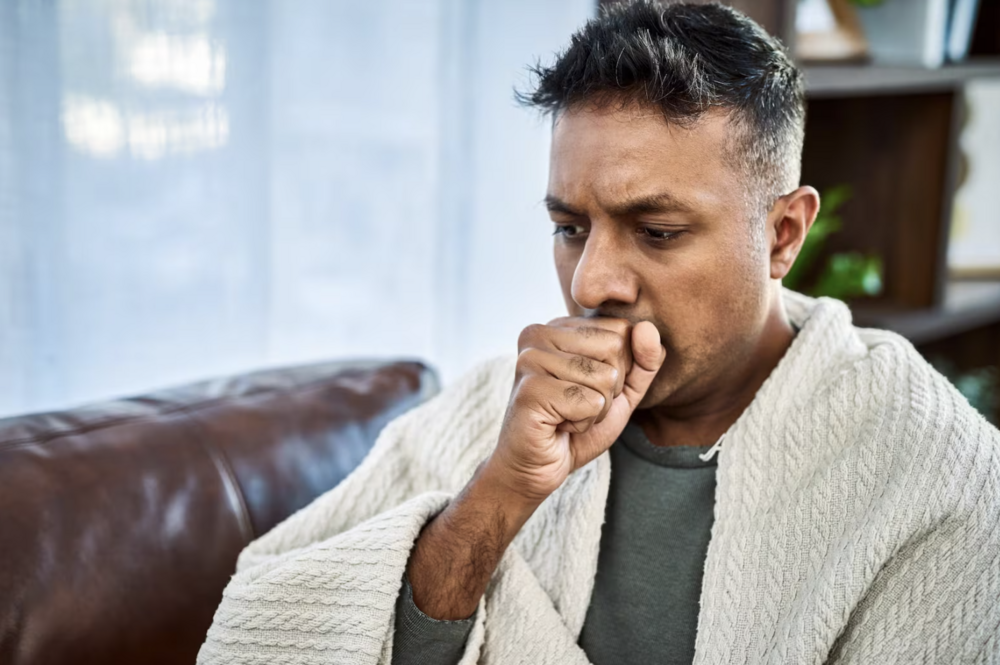
Caption
Whooping cough has returned to pre-pandemic highs: There's no distinct seasonal pattern to pertussis, but past trends suggest that cases may increase in summer and fall, the CDC says.

Whooping cough has returned to pre-pandemic highs: There's no distinct seasonal pattern to pertussis, but past trends suggest that cases may increase in summer and fall, the CDC says.
The Georgia Department of Public Health is responding to a spread of infectious diseases by reminding people to get vaccinated.
At a board meeting last week, state epidemiologist Cherie Drenzek says the investigation into Georgia’s fifth measles case this year is ongoing.
“They were family members that lived in the same household,” she said. “One of whom had traveled internationally.”
Then on Wednesday, the department confirmed a sixth measles case in the Greater Atlanta area.
RELATED: A sixth case of measles in Georgia this year infects a member of an unvaccinated family
Both of the latest cases were a result of secondary infection from a family member who contracted measles during international travel and was identified by DPH in May.
The state provided follow-up care including prophylaxis to exposed individuals. Those exposed have been quarantined at home, a press release says, so the state says there’s no need for follow-up with people outside.
Measles is extremely contagious, and cases have more than doubled in the U.S. this year compared to last. Three people who were not vaccinated against measles have died this year from infections.
Public health guidance is that anyone travelling internationally should be fully vaccinated. That includes adults who may need a booster shot, which have only been recommended for adults who didn’t get a second dose of the vaccine or aren’t sure of their vaccine status, and those born before 1957 who do not have natural antibodies from infection.
Children should get their first shot to protect against measles, typically given as a combination vaccine, between 12 and 15 months of age. A full series of the measles vaccine is 97% effective against infection.
Georgia has also seen double the number of cases of pertussis, or whooping cough, this year compared to last, according to the Georgia Department of Public Health and data contributed to weekly CDC reports.
Drenzek warned of a possible summer wave of COVID-19. The health department typically sees a “hump” of positive cases in August.
The World Health Organization has pointed to a new COVID variant, NB. 1.8.1 also known as “Nimbus,” is causing infections nationally and globally.
“We certainly are seeing much lower activity,” Drenzek said. “But I think we just need to be poised and be aware and continue to do surveillance.”
Meanwhile rates of routine vaccine uptake among children across the country have gone down post-pandemic. In some states, rates are below levels needed for herd immunity, worrying health care providers and epidemiologists.
Drenzek says vulnerable groups – like babies, seniors and the immunocompromised – should consider a COVID booster, despite what she called quote “confusing changes” to CDC recommendations by HHS Secretary Robert F. Kennedy Jr. and amid recent firings of a vaccine committee.
Georgia Department of Public Health spokesperson Nancy Nydam Shirek said vaccines for measles, pertussis, COVID and the flu are available at local public health departments, “but supplies can vary by county.”
“Health departments take walk-ins, but individuals interested in getting vaccinated should call ahead to ensure the health department has the vaccine readily available and to avoid the possibility of a long wait,” she wrote in an email.